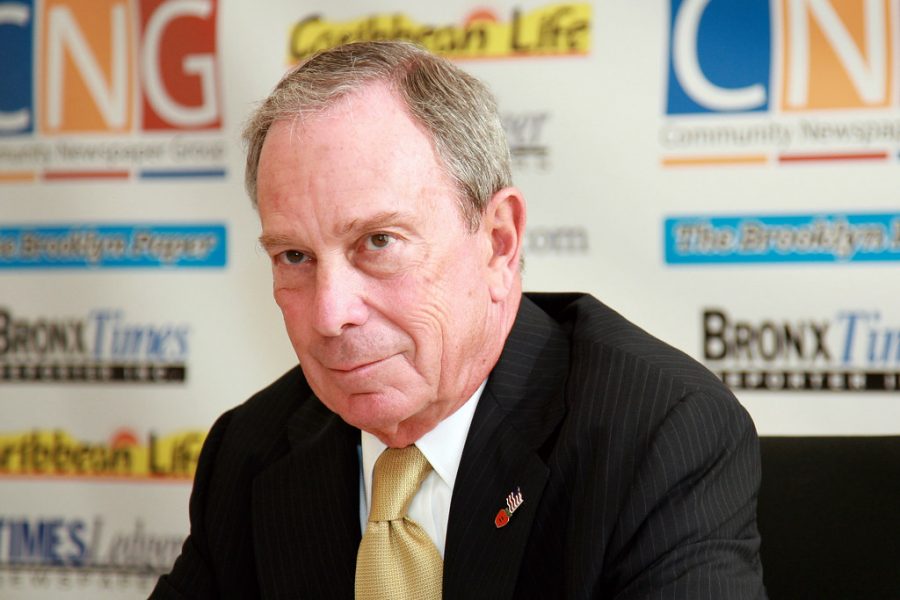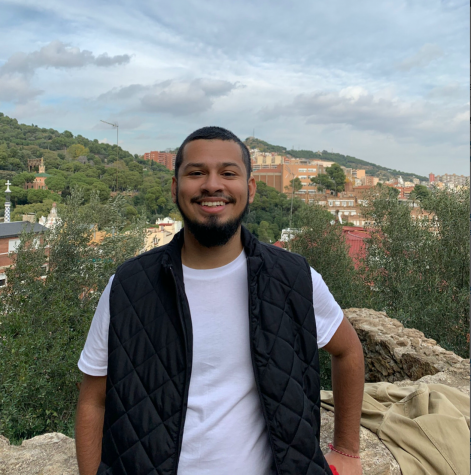The last couple weeks, the hashtag #MyBloombergStory ignited Twitter users to share their stories of being stopped-and-frisked while Michael Bloomberg was mayor of New York City.
This trend started after a recording surfaced where Bloomberg had given racist remarks at the Aspen Institute in 2015, according to The New York Times. In the audio Bloomberg emphasized his view on the city’s stop-and-frisk protocol during his time as mayor. “We disproportionately stop whites too much and minorities too little,” said Bloomberg in the recording.
“There was a string of neighborhood robberies, and two police officers decided to question me for about an hour, asking me if I knew anything about it, and that I fit their description,” said Shaniyat Chowdhury, candidate for the New York District-5 Congress seat.
Chowdhury was 17 years old at the time of the stop, and he couldn’t believe what had happened that night. After going home that night and crying, his trauma continued, and he was stopped a few more times after the incident.
Chowdhury is challenging New York Congressman Gregory Meeks for his U.S. Congress seat. Meeks recently endorsed Bloomberg for president, according to CBS news.
After Bloomberg’s stint as mayor, stop-and-frisks continued. In 2013, U.S. District Court Judge Shira Scheindlin ruled that stop-and-frisks were unconstitutional. Bloomberg’s police commissioner, Ray Kelly, issued a department-wide memo announcing new training and warning officers to respect constitutional rights in conducting stops, according to CNN.
“I live in Jamaica, there are a lot of muslims, Bloomberg had come in his second term, and he decided to use surveillance and informant inside mosques, and there was a lot of fear, a lot of people didn’t feel safe,” said Chowdhury in the interview.
Michael Bloomberg approved, and oversaw a program where the New York Police Department (NYPD) targeted Muslim mosques. This damaged the relationship between law enforcement and the muslim community, according to Huff Post.
In 2011, the NYPD compiled lists of mosques and muslim businesses as they saw it as potential security risks for reasons that included – endorsing conservative religious views or having devout customers, according to a report done by the Associated Press.
For Queens native Vincent, he ended up at Rikers Island for a night – after a run-in with the NYPD in August 2014.
“I had a small box cutter, I was coming from work, and I was stopped and charged with a weapons possession,” said Vincent.
Vincent was slammed to the ground and arrested after asking for his military license back.
According to Vincent, the officers “sweet talked,” him into not going to the hospital, and he was then brought to Queens Central Booking. Unable to see a judge that night, Vincent was sent to Rikers Island to spend the night.
“He is not going to be able to run, he is going to provide an answer to those questions, and it’s going to have to be an answer that will satisfy the people,” said Vincent when asked about Bloomberg being eligible for the February debate.
Bloomberg is eligible for the February Democratic presidential debate. He previously broke 10% in polls from Quinnipiac University, Monmouth University and Fox News, according to NPR.
This is Bloomberg’s first time on the Democratic presidential debate stage. The debate takes place tonight in Las Vegas, Nevada. It is safe to say, Bloomberg will be asked about his tenure as mayor, and questioned about his policies.
“The focus should be on the damage that his policies have done, and that he refuses to admit it,” said Vincent.









